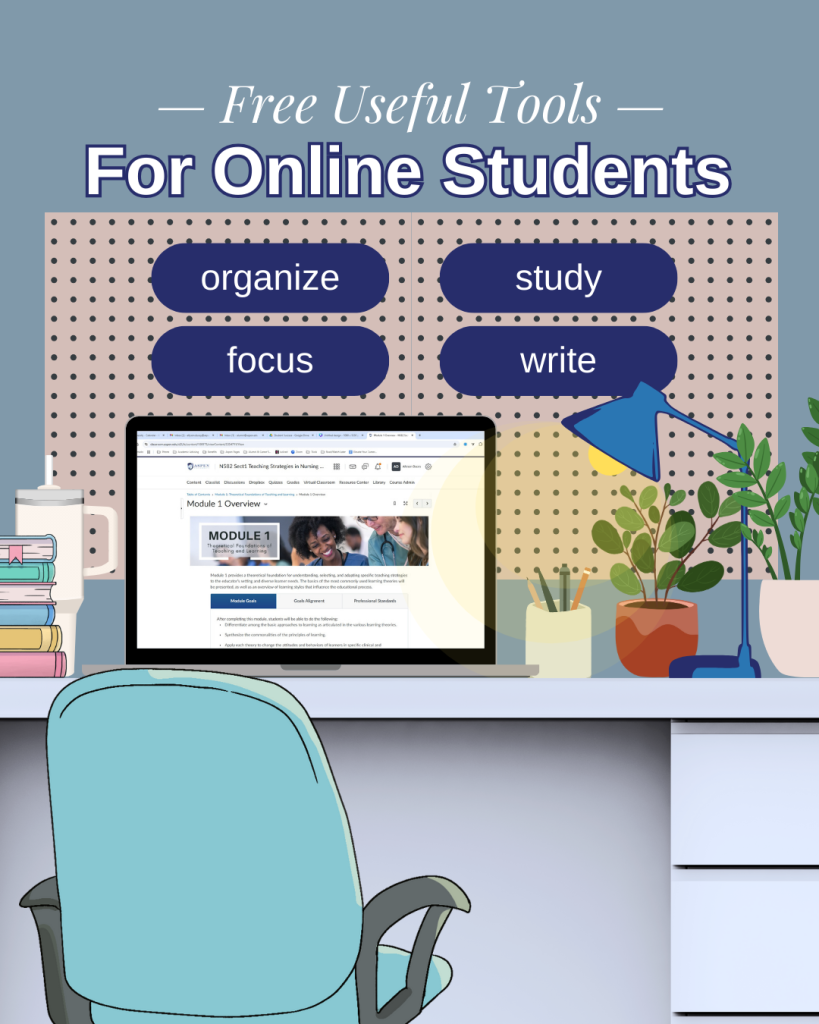Aspen School District integrates AI tools to enhance teaching while addressing privacy, equity, and authenticity concerns
Recently, the Aspen School District (ASD) has embraced artificial intelligence (AI) tools such as Toddle AI, Khanmigo, and Google Gemini to revolutionize lesson planning and student engagement. It is important to note that these AI tools are seen as supplements to teachers rather than replacements, marking a significant shift in the educational landscape.
Transforming Education with AI
During a meeting of the Aspen School Board on April 23, educational leaders highlighted the pivotal role of AI in classrooms. While AI is not meant to take over the role of teachers, it is poised to redefine the way lesson plans are developed. The ASD is actively integrating various AI models into its curriculum to enrich the teaching and learning experiences for both educators and students.

AI Tools in Action
Kimberly Zimmer, ASD’s instructional director of Learning and Innovation, shed light on the incorporation of AI tools during the meeting. Toddle AI, Khanmigo, and Google Gemini play unique roles in aiding lesson preparation and classroom interactions. Toddle AI stands out for its alignment with the International Baccalaureate (IB) curriculum, a key component of the district’s educational framework.
One of the notable features of Toddle AI is its ability to provide personalized recommendations for lesson planning, enabling teachers to create classes that resonate with IB concepts. Moreover, the tool's tutor function encourages inquiry-based learning among students, fostering a deeper understanding of the subject matter. Notably, Toddle AI is developed by a carbon-neutral company, aligning with the values of the district.
Addressing Concerns

Despite the promising prospects of AI in education, caution is advised in its implementation. Zimmer emphasized the need for a thoughtful, human-centered approach to leverage AI effectively in teaching. Privacy issues, data validation, and ensuring equitable access to education are paramount considerations that cannot be overlooked.
Zimmer emphasized, “AI has the potential to challenge systemic barriers in education, but if not designed carefully, it will simply automate and reinforce existing inequities.” Therefore, it is crucial to scrutinize the intentions of AI providers, especially those with ties to standardized testing bodies or private education entities.
Upholding Principles
The Aspen School District remains committed to safeguarding the privacy of its data while exploring the capabilities of AI in tasks such as lesson planning and grading. Zimmer cautioned against excessive reliance on AI, which could lead to inauthentic outcomes and undermine the essence of true learning.

Board member Cassie Harrelson echoed these sentiments, stating, “AI will never replace teachers… it is to help us be better teachers and to help our kids get experiences they didn’t get before.” This echoes the district's stance on utilizing AI as a supportive tool rather than a replacement for human educators.
The discussion underscores the ASD's dedication to embracing AI responsibly, ensuring that it serves as a valuable resource to empower both teachers and students. By addressing concerns related to privacy, equity, and authenticity, the district aims to create a conducive learning environment that leverages technology effectively.
Source: Noah Wire Services




















